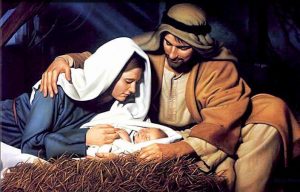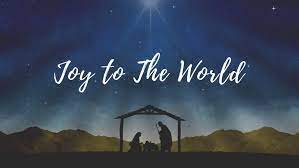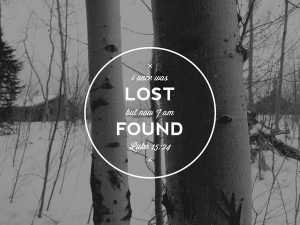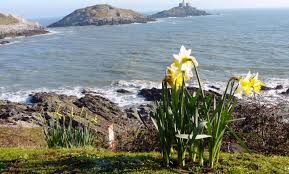SERMON/TEACHING
St Ninians
18 December 2022
“Joseph – patron saint of step-dads”
Please turn to the picture at the front of your church bulletin. It is one of many Renaissance paintings of the Holy Family. You’ve probably seen similar pictures on Christmas cards. It is a simple family portrait; Jesus, Mary and Joseph.
But notice how old Joseph is in comparison to Mary. One of the stories that the church developed over the centuries was that Joseph was much older than his wife Mary.
This had no basis in the biblical narrative but solved a few problems for the Church. First, Joseph is not mentioned after the story of Jesus in the temple at twelve. He has no part to play in his ministry even though his mother is mentioned several times. But if Joseph has died from old age that explains it. Continue reading “Joseph – patron saint of step-dads”











 St Ninian
St Ninian














